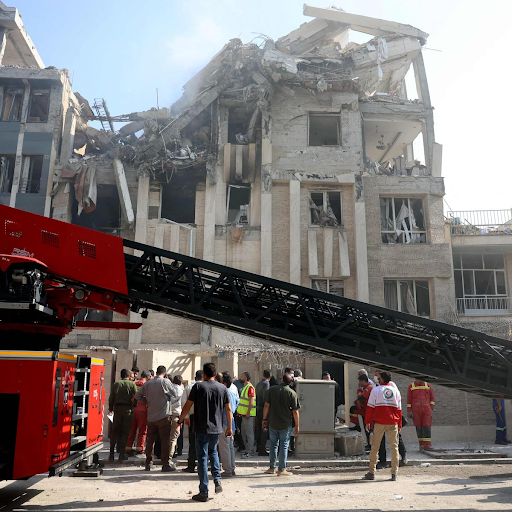




Copyright infringement not intended
Source: The Hindu
The June 13, 2025 Israeli military operation "Rising Lion," which targets Iran's nuclear and missile capabilities, marks a watershed moment in the long-running Jewish-Persian confrontation. Both Israeli and Iranian leaders understand its historical significance, raising concerns about extended regional instability and worldwide economic consequences.
|
Practice Question Q. Examine the regional and global consequences of Israel’s “Rising Lion” operation against Iran’s nuclear and missile infrastructure. |
© 2026 iasgyan. All right reserved